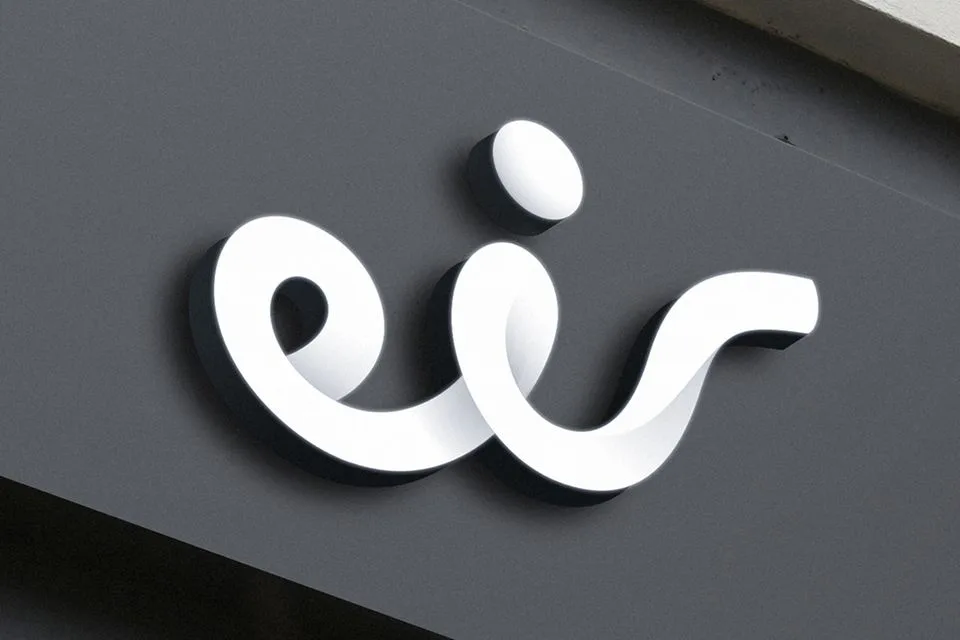In recent revelations, Eir, Ireland’s telecom giant, has come under fire for levying unauthorized charges on its customers, stirring significant unrest among its consumer base. The telecom behemoth, which has already gained notoriety as the most complained-about company in Ireland, is again in the spotlight for the wrong reasons.
The Competition and Consumer Protection Commission (CCPC) has been inundated with grievances against Eir, which range from unexplained debits from customer accounts to demanding technologically challenging proof for refunds. This year alone, the CCPC noted that it received about 63 complaints specifically mentioning unwarranted charges by Eir.
One particularly troubling case involved a 78-year-old man who experienced what he described as a “nightmare” when Eir debited his account four times in a single billing period for the same amount of €88. The elderly customer, a retired banker, faced considerable hurdles in getting the issue resolved. Initially directed to his bank, and upon confirming that the issue was indeed on Eir’s end, he found the customer service defensive and unhelpful.
The demands from Eir included the provision of screenshots of bank transactions as proof, a task complicated by security measures in many banking apps that prevent screenshots. The retired banker’s ordeal ended 33 days later when Eir finally refunded the charges, but only after considerable stress and persistence, and an official complaint lodged with the CCPC.
The CCPC spokesperson highlighted the inappropriateness of Eir’s demands for screenshots, considering the security policies of many banking apps. They emphasized that consumers should not be burdened with such requirements when securing refunds due to errors by their service provider. Additionally, they mentioned that customers have the right to escalate their issues to ComReg, the regulatory body overseeing telecommunications in Ireland, if they remain dissatisfied with the resolution.
The issue of digital exclusion among the elderly is exacerbated in such situations. Nat O’Connor, a senior public affairs and policy specialist with Age Action, pointed out that frustrations with digital services are common across various sectors, but are particularly acute when errors need rectification. He noted that many older people are digitally excluded, either through lack of internet use or low digital skills, which makes managing online transactions and disputes even more challenging.
Eir’s initial response to queries about asking for screenshots was a denial, citing data protection laws. However, faced with evidence to the contrary from the affected customer, the company admitted to the error, attributing it to a “unique system issue” and confirmed that an investigation was underway.
The recurring theme of complaints against Eir not only puts the company’s customer service practices in question but also reflects a larger issue of how elderly consumers are treated in the digital age. Age Action has called for the establishment of a commissioner for ageing and older persons to advocate for the needs of this demographic, similar to the role existing in Northern Ireland.
As Eir navigates through these turbulent waters, the implications of its practices on consumer trust and regulatory scrutiny are yet to be fully seen. The company’s commitment to robust processes and customer protection will be closely watched in the coming months.
